The Role of Biomedical Engineers in Equipment Maintenance: Ensuring Safe and Efficient Healthcare
In today’s technologically driven healthcare environment, biomedical engineers play a crucial role in ensuring that medical equipment remains functional, safe, and effective. From routine maintenance to sophisticated troubleshooting, biomedical engineers are at the heart of hospital operations, enabling healthcare providers to focus on delivering quality patient care. In this blog, we’ll explore the essential role of biomedical engineers in medical equipment maintenance.
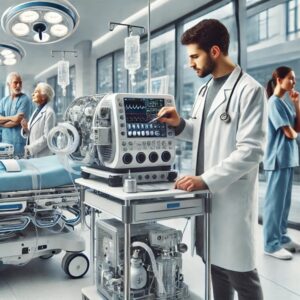
1. Installation and Calibration of Medical Devices
When new equipment arrives at a hospital, it is the biomedical engineer’s responsibility to install and configure it. This involves ensuring that the device meets hospital standards, calibrating it for accurate performance, and integrating it with existing systems. For instance, machines like MRI scanners, ventilators, or defibrillators must be fine-tuned to ensure precise functioning.
Calibration is especially important as it directly impacts the accuracy of patient diagnostics. Miscalibration could lead to erroneous results, affecting patient outcomes. Biomedical engineers use advanced diagnostic tools to monitor device performance and make necessary adjustments to ensure optimal operation.
2. Preventive Maintenance
To avoid unexpected breakdowns and prolong the lifespan of medical devices, biomedical engineers schedule and carry out preventive maintenance. This process includes regular inspection, testing, cleaning, and repairing minor faults before they evolve into significant issues. By adhering to preventive maintenance schedules, hospitals can reduce the risk of device failure during critical medical procedures.
Preventive maintenance routines are aligned with manufacturer guidelines and industry regulations to ensure safety compliance. This not only minimizes downtime but also saves costs associated with emergency repairs or the premature replacement of expensive equipment.
3. Troubleshooting and Repairs
When equipment malfunctions, biomedical engineers are the first responders. They are trained to diagnose problems and perform repairs to restore devices to working order. Troubleshooting can range from simple software updates to complex hardware repairs, ensuring that devices are back in operation as quickly as possible.
Biomedical engineers often collaborate with equipment manufacturers to resolve more intricate issues. In hospitals, where medical devices are indispensable for patient care, timely repairs are critical to preventing disruptions in treatment.
4. Ensuring Compliance with Safety Standards
Medical equipment must meet stringent safety regulations. Biomedical engineers ensure that all devices comply with local and international standards, such as those set by regulatory bodies like the U.S. Food and Drug Administration (FDA) or the International Electrotechnical Commission (IEC). Regular safety checks and adherence to operational standards prevent accidents and ensure the protection of both patients and healthcare staff.
By maintaining compliance with these regulations, biomedical engineers reduce the risk of legal issues and promote a safer healthcare environment.
5. Training Healthcare Personnel
A crucial yet often overlooked responsibility of biomedical engineers is the training of healthcare staff on how to operate and maintain medical equipment properly. Engineers work closely with doctors, nurses, and technicians to ensure they are familiar with device functionality, safety features, and routine troubleshooting.
By offering hands-on training, they help reduce user errors, which can cause device malfunctions or even harm to patients. Effective training also empowers healthcare personnel to identify potential issues early, thus reducing dependency on engineers for minor fixes
6. Upgrading and Decommissioning Medical Equipment
As medical technology rapidly evolves, biomedical engineers are responsible for keeping hospital equipment up-to-date. This may involve upgrading existing systems with new software or features to improve efficiency and effectiveness. When devices become obsolete, they oversee the safe decommissioning of old equipment, ensuring compliance with environmental and safety standards.
This role requires engineers to stay current with technological advancements and recommend equipment replacements or upgrades that align with hospital needs and budget constraints.
Conclusion
Biomedical engineers are integral to the smooth operation of hospitals, ensuring that critical medical devices function safely and efficiently. Their expertise in equipment maintenance, troubleshooting, and compliance ensures that healthcare professionals can provide the best possible care without worrying about the reliability of their tools. As technology continues to advance, the role of biomedical engineers in maintaining and improving medical devices will only become more vital to modern healthcare systems.
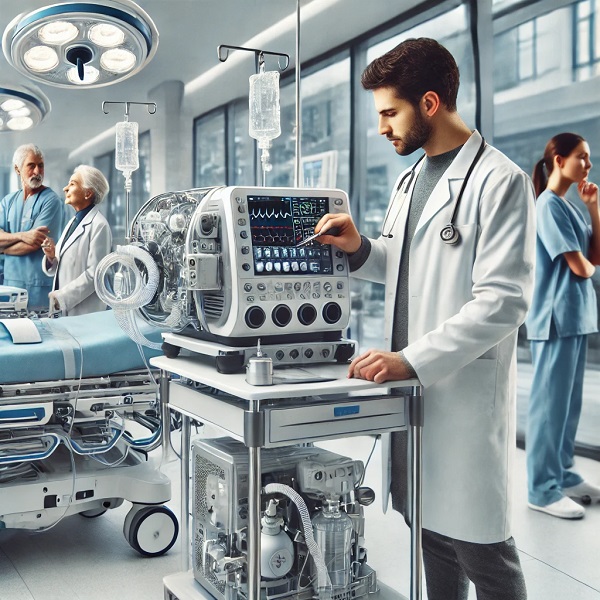
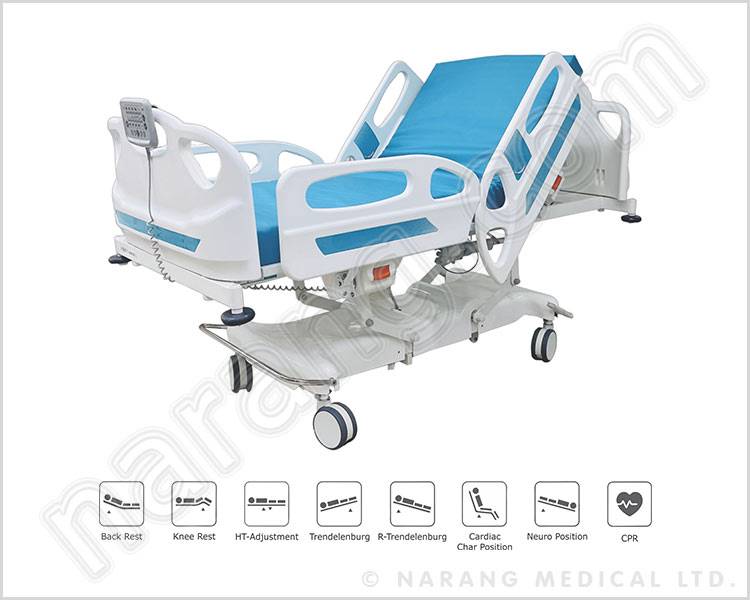
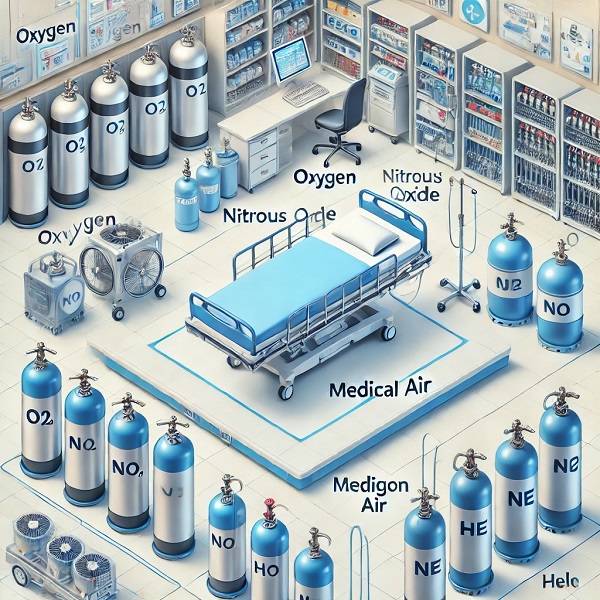
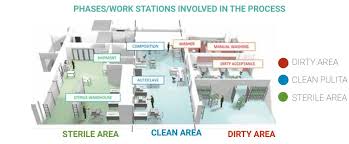
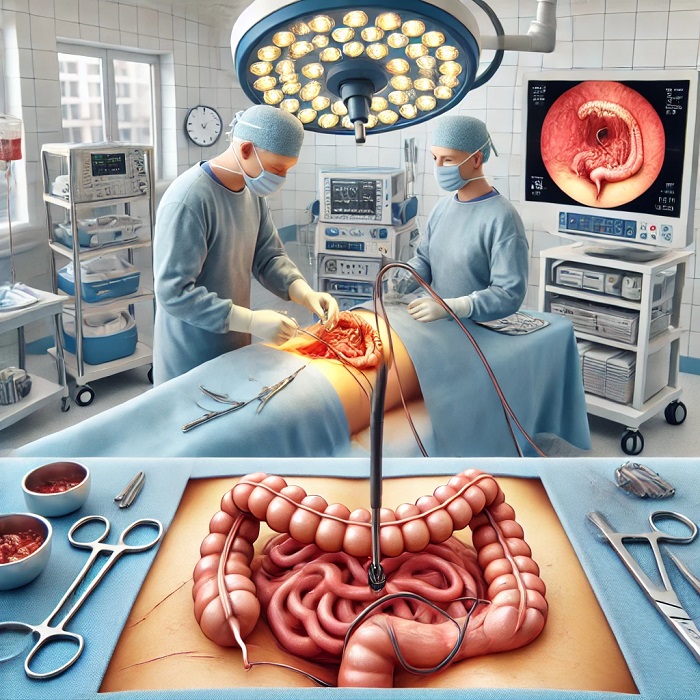
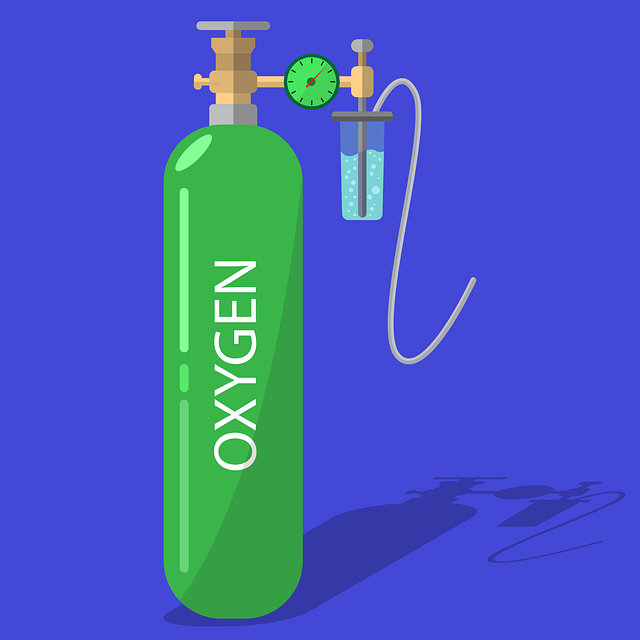


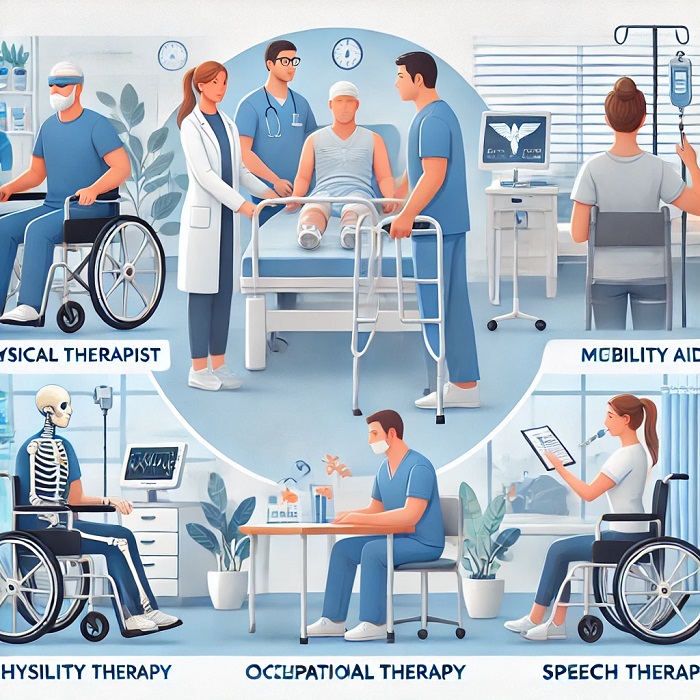
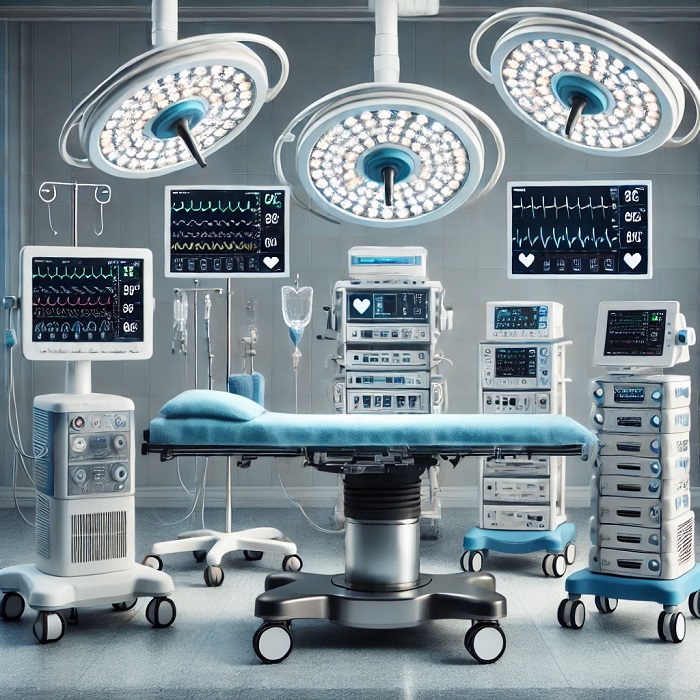




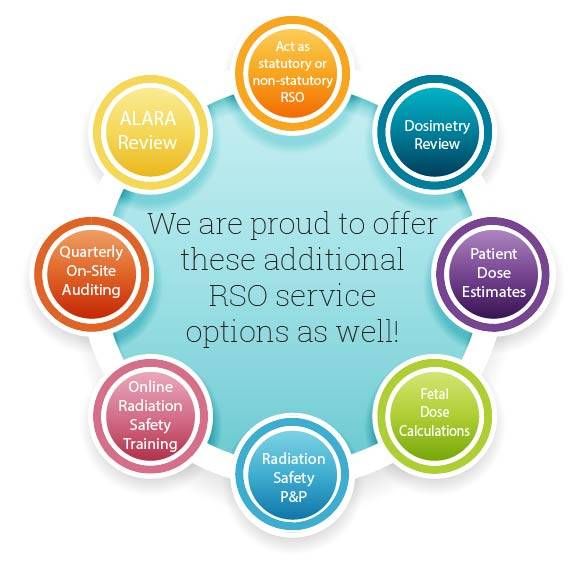
Leave a Reply